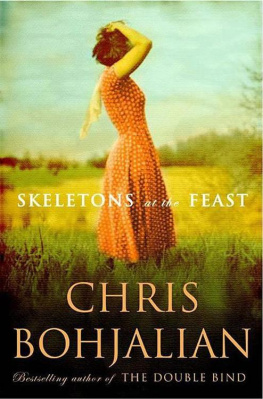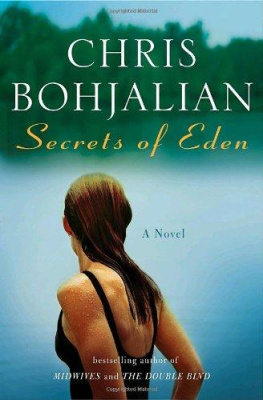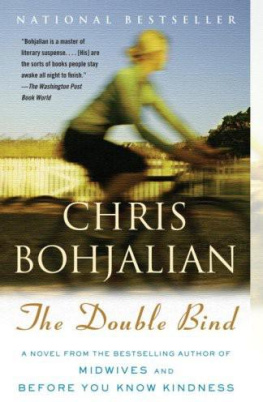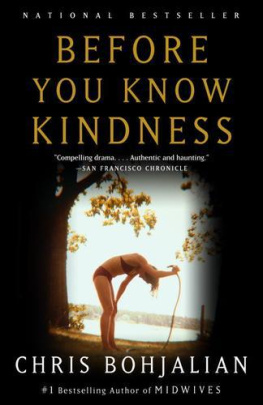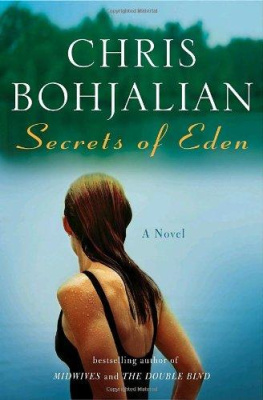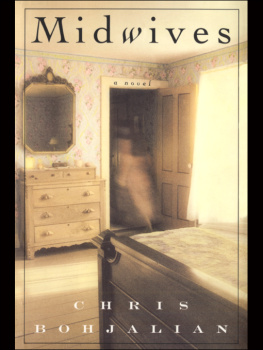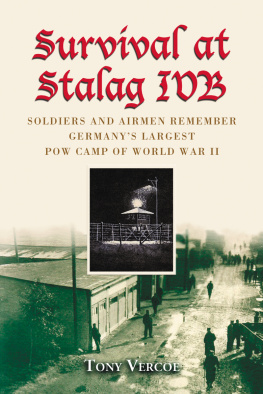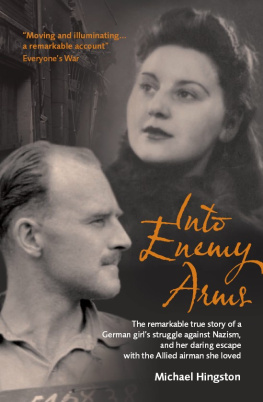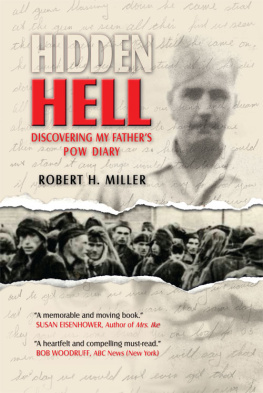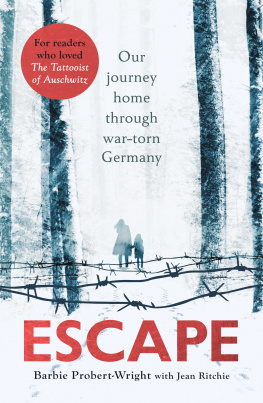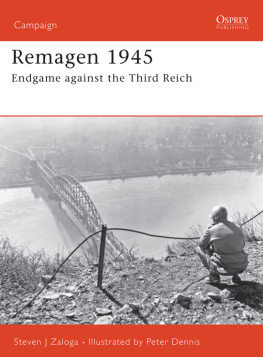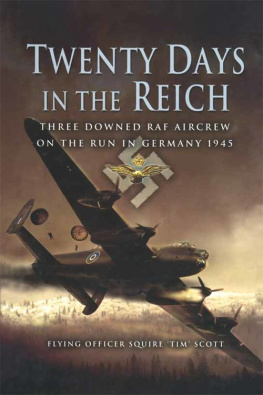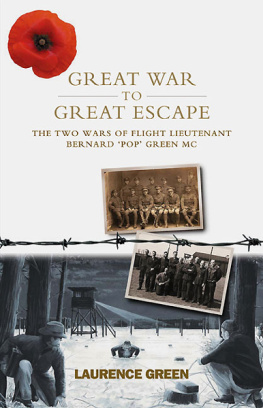
Skeletons at the Feast
Chris Bohjalian
Copyright 2008 by Chris Bohjalian
Published in the United States by Shaye Areheart Books, an imprint of the Crown
Publishing Group, a division of Random House, Inc., New York.
Library of Congress Cataloging-in-Publication Data
Bohjalian, Christopher A.
Skeletons at the feast: a novel / by Chris Bohjalian.1st ed. p. cm.
eISBN: 978-0-307-44955-9 v1.0
For Stephen Kiernan,
Adam Turteltaub, and
Dana Yeaton
And for Victoria, who reads every word
The past is never dead.
It's not even past.
WILLIAM FAULKNER

THE GIRLA YOUNG WOMAN, REALLY, EIGHTEEN, HAIR the color of corn silkhad been hearing the murmur of artillery fire for two days now. Everyone had. A rare and peculiar winter thunderstorm in the far distance. Little more. The sconces in the living room hadn't twitched, the chandelier in the ballroom (a modest ballroom, but a ballroom nonetheless) barely had trembled. The horses, while she was harnessing them and helping to load the wagonsshort trips with bags full of oats (because, after all, so much would depend on the horses) and longer ones with some of the clothes and the silver and the jewelry they were going to take with themhad looked up. But the animals hadn't expressed particular interest. If, Anna surmised, they had thought of anything they had thought of the cold: It was one of those frigid weeks when the days would alternate between whiteout-like snowstorms and periods so still that the smoke from the chimneys would rise up into a slate gray sky in lines that were perfectly straight.
These shells, however, the ones that were falling this afternoon, were great concussive blasts that had the people and the horsesa seemingly endless caravan of strangers that clogged the road and crushed the snow and ice along the sides, and had come almost to a complete stall now before the riverfretting and fidgeting in place. At each explosion the animals whinnied and the babies, hungry and chilled despite the blankets and furs in which they were swaddled, cried out. If they managed to free one of their little hands, the blue fist would lash out, a small, spring-loaded paddle. Clearly, however, the artillery had leapfrogged over them. Passed them. Hours earlier it had been many kilometers to the east. Now it was ahead of them to the west. Some of the shells were falling so nearby that they heard the screecha strange foreign animal, something that might exist in a tree in Africa or South America, the girl thoughtbefore the reverberant burst left them crouching, anxious, in their places in line. At first she presumed the Russians were trying to hit them, this long line of families trying desperately to flee to the west, to take out the carts and the wagons and the walkers piecemeal, but then she understood their real intent: It was the river itself. They were trying to smash the buttress-thick ice that coated this stretch of the Vistula from shore to shore like a skating rink and was serving as a bridge, because the nearest stone and cement overpass was twenty-five kilometers to the north. Along the shore she saw soldiers and Volkssturm teenagersboys who were easily two and three years younger than her twin brother and herfunneling the refugees across what they believed was the safest part of the ice, but she had the sense that any moment now people were going to start leaving the queue and fanning out into the woods, where they would cross the river wherever they could.
Or, at least, believed that they could. The girl had heard stories of wagons and families disappearing yesterday and the day before through the ice to the north and the south. She wasn't sure if they were true, but so much of the last month had been a study in how things she had once thought were inconceivable were actually happening. They'd all heard what had occurred three months earlier in Nemmersdorf. The Russians had captured the East Prussian village in October and held it for five days. When their own soldiers recaptured the small town, almost all of the civilians were dead. She had heard tales of girls her age (and younger) nailed naked to the sides of barns and farm carts, their arms spread wide as if they were being crucified but their legs splayed open so that even in death the men could violate them. There were the stories of small children flattened into the main roads of the village by the treads of tanks. Of live babies held by their ankles and swung like scythes into stone walls while their mothers were forced to watch, their children's own blood and brains splattered like so much butcher's waste onto their overcoats. Of the French prisoners of warsome people claimed as many as forty of themwho had been executed by the Russians for reasons that no one could fathom.
And then there were the stories of what her own people had done. BBC propaganda, maybe. But probably not. She knew people who knew people. Her older brother, whom she hadn't seen now since October, told her of an SS officer he had met whosupposedlyhad served inside Treblinka in 1943. When her twin, Helmut, was on a hike with his Jungvolk friends last summer, the last they would take before the drills grew serious, he told her there were rumors (implausible and offensive, in his opinion) that some of the less committed boys would share when they thought no one was listening. Rumors of what really went on in some of the camps. And, of course, there was what their English POWs had claimed was occurring, stories that Helmut would dispute as half-truths and cant spread by the Allies to further demonize the Germans. It got to the point where he threatened to tell his father on them if they uttered so much as one more syllable.
She tensed when she heard the high-pitched whistle of another shell, and saw her mother once again pull little Theo, the youngest of her children, against her. Then there was the blast. Ahead of her there was shouting, screaming. She couldn't tell whether the explosive had landed on the road or the river, whether people were wounded or merely panicked. More panicked, actually. Because certainly numbness had not completely subsumed the animal panic that coursed just below the skin and behind the bloodshot eyes of this long and plodding throng of parents and children and very old people. Only as Anna watched the nearest soldiers and Volkssturm recruits trying to prevent the line from spreading north and south into the woodshere is that panic, she thought, we are like desperate beetles scurrying from a giant's bootsdid she understand. The bomb had created a great spider's web of cracks in the ice.
For a moment her father and Helmut conferred, the two of them murmuring softly into each other's ears. Their army uniforms were still crisp. Then each of them walked to the front of a wagonthey were traveling with twoand her brother ordered her to come help him with the horses. After all, he muttered, they were more her horses than his. She thought he was being needlessly bossy, but she also knew that she didn't dare question him now. It seemed that their family, too, was going to leave the caravan and trek into the woods, and he was going to run ahead and find a spot along the river that looked suitable for a crossing.
Beside her, beneath the blanket in the wagon filled with oats, their sole remaining POW cleared his throat.
THE PRISONER, a twenty-year-old Scotsman named Callum Finellaa name that initially had made both Anna and her younger brother giggle, but struck her now as infinitely more lyric than the suddenly wolfish-sounding names of most of the males in her familyhad been with them since September. He was one of seven British POWs who had been sent to the Emmerich family estate from the prison camp just outside of Thorn to help with the harvest. When the other six menolder by four and five and six years than Callum, but still he had called them his mateshad been returned to the stalag in mid-October, the family had used their party clout and simply kept Finella since their Polish servants had fled or been put to work in the coal mines in Silesia, the oldest of their three boys was fighting somewhere far to the south on the outskirts of Budapest, the middle one had been pressed into service in the Volkssturm, and Theo, at ten, was barely beyond short pants.
Next page
